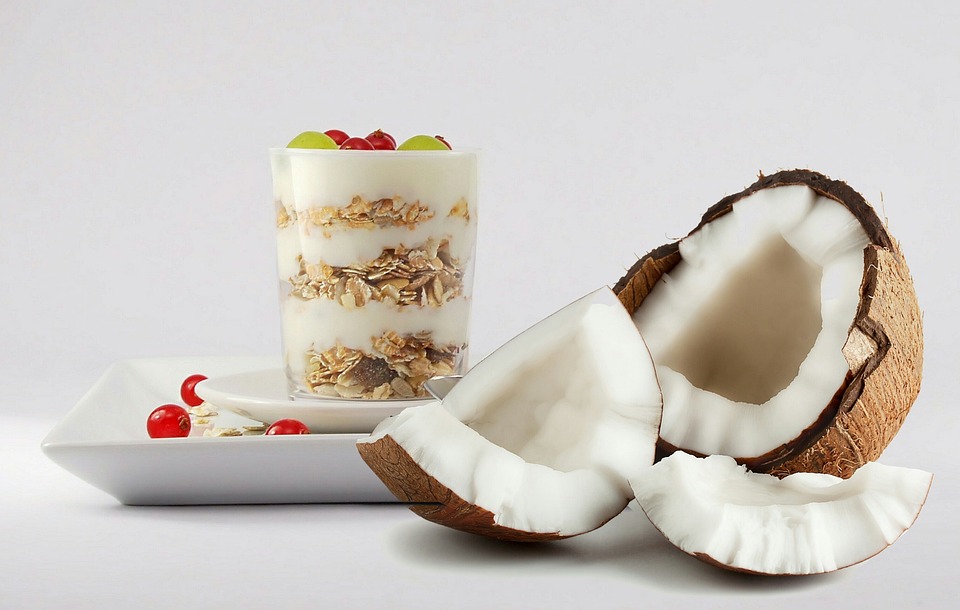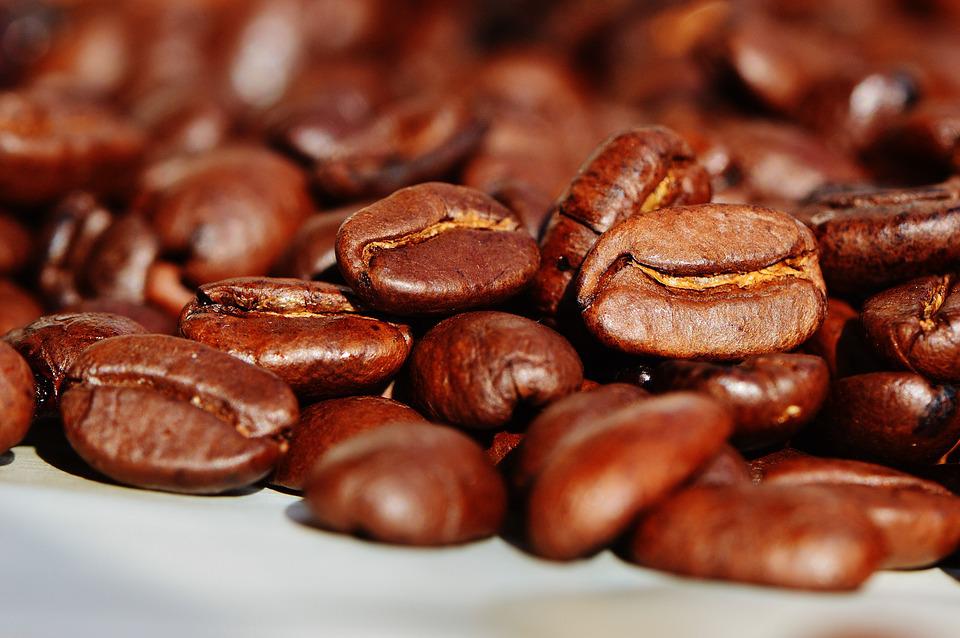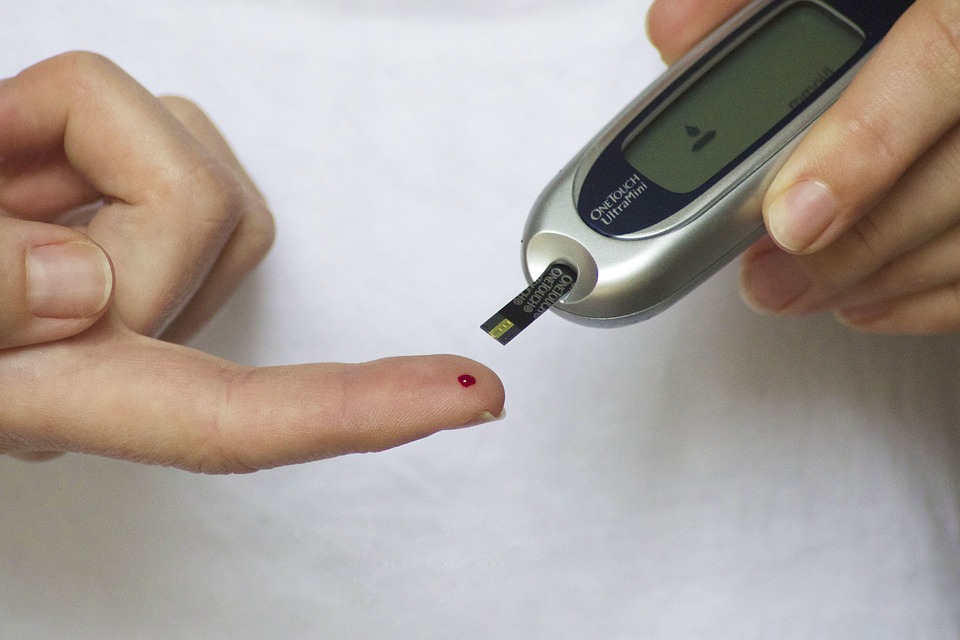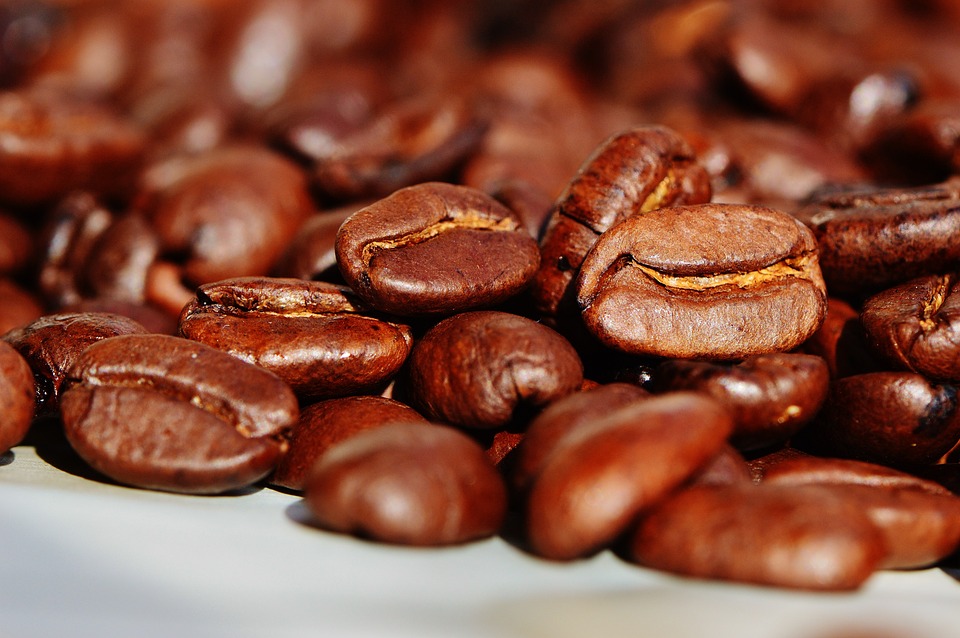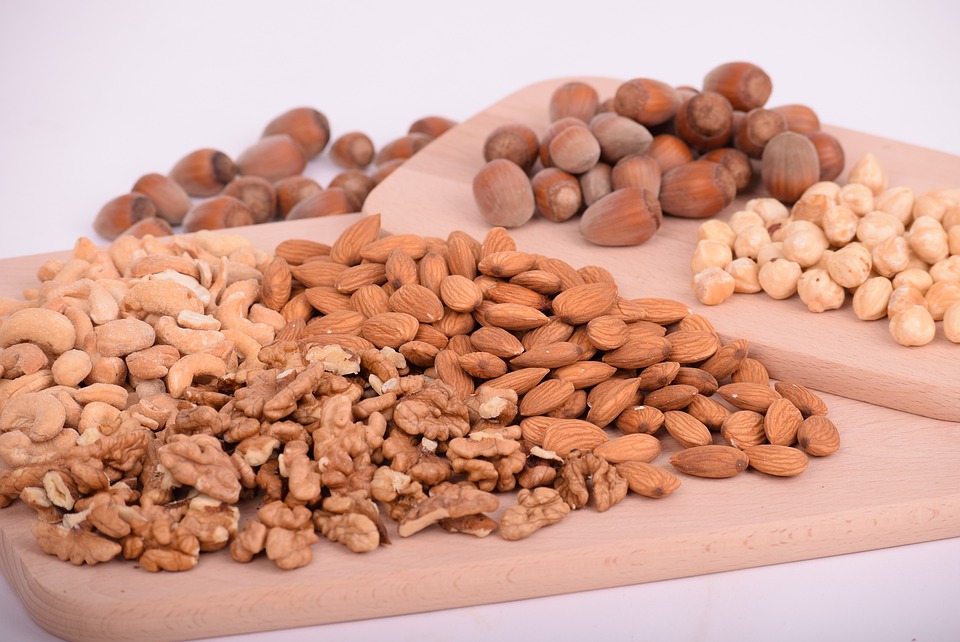
There are a lot of foods with ‘nut’ in their name, like coconut and tiger nuts, but they are not actually nuts.
This is a list of different types of nuts and their benefits.
Acorns
When you think of acorns, it’s not difficult to imagine them being carried by squirrels and other woodland animals. But did you know that humans can enjoy acorns as well?
Benefits
- They’re full of natural protein and healthy fats
Best for:
- Roasting and adding to winter stews
- Slow-roasting and grinding to make acorn coffee
- Roasting and stirring into melted sugar/honey/syrup to make acorn brittle
Almonds
Natural slivers of nutty sweetness, almonds are one of the most popular and delicious nuts around.
Almonds are not actually nuts, according to the definition of a nut. A nut is a hard, dry fruit with a single seed. An almond seed has a fleshy outer layer that is removed in processing.
Benefits
- One of the most protein-packed nuts around
- A good source of magnesium, which is good for cell health and lots of bodily processes
Best for
- Making cherry Bakewells/Bakewell tarts
- Adding into trail mixes
- Almond flour for a gluten-free flour alternative
- Making Romesco sauce
- Enhancing fruit crumbles
- Making your own almond milk
Brazil nuts
With a rich, buttery taste, Brazil nuts are a treat you’ll love! They’re smooth and perfect for snacks, sweets, and more.
Benefits
- They’re one of the most concentrated dietary sources of selenium – a mineral that works like an antioxidant to protect our cells
- Selenium also supports our immune system
Best for
- Smothering with chocolate for snacks
- Crushing up and sprinkling on salads
- Making pesto
- Adding into bakes
- Mixing into trail mixes
Cashew nuts
The humble cashew is not technically a nut! These kidney-shaped seeds come from the cashew tree native to Brazil.
Even though they are typically called tree nuts, they are actually seeds that have very similar nutrition to other nuts. This includes healthy fats, protein, and minerals like copper.
Benefits
- Supports healthy iron levels
- Full of magnesium and manganese, which help keep bones healthy
- Low in sugar yet rich in fiber, protein, and healthy fats
Best for
- Simply snacking
- Making vegan cheese or creamy sauces
- Adding to South East Asian dishes like curries or rice dishes
- Making pesto
Chestnuts
No matter how you cook them, chestnuts are delicious and full of nutrition.
Benefits
- Rich in vitamin C, which is good for energy levels, immune system function, bone, and cartilage maintenance
Best for
- Roasting
- Making stuffing
- Nut roasts
- Coating with chocolate
- Adding to bakes and tarts
Hazelnuts
Hazelnuts make squirrels very happy, so perhaps you should eat them too and become just as energetic and excited as those little animals!
Hazelnuts have been enjoyed by humans for over 9000 years, as the hazel tree is native to Britain, Europe, and Western Turkey.
Benefits
- Supports heart health with healthy fats, vitamin E, copper, and magnesium
Best for
- Cheesecake bases
- Bakes, especially brownies!
- Making your own chocolate-hazelnut spread
- Hazelnut pesto
- Homemade granola
- Hazelnut and apricot stuffing
Macadamia nuts
Macadamia nuts are the most expensive nuts in the world because they are so VIP in the nut world! What makes them so special?
Macadamia nuts are seeds that are popular among many people.
They are not considered a commodity crop like peanuts, but rather a “dessert nut.”
A macadamia nut tree takes 7 years to produce any ‘nuts’. They are also very delicious!
Best for
- White chocolate and macadamia nut cookies
- Coconut and macadamia cookies
- Double chocolate and macadamia brownies
- Spiced macadamia nuts
Peanuts
Think of a nut. Was it a peanut?
There’s no denying that peanuts have become a big part of our lives! They’re the most common salty bar snack and they make a delicious nut butter.
You can improve your health by eating this inexpensive and easily found nut. It is simple to add to your diet.
Benefits
- High in healthy fats and fiber
- Rich in protein and contains all 20 amino acids, with high levels of arginine in particular
- A great source of manganese, which is vital for many processes in the body.
Best for
- Roasting with honey or chili
- Making peanut brittle with melted sugar/syrup
- Scattering into stir-fries
- Blending into peanut butter
- Tartes, cakes, cookies, and other bakes
- Chocolate and peanut butter bites
- Vegan walnut, cashew & peanut roast
Pecans
There are many ways to enjoy the buttery flavor of pecans, from pies to granola. Pecans are also a great addition to many other recipes.
Benefits
- Good for your heart with their healthy fats
Best for
- Pecan cookies
- Pecan pie
- Candied pecans
- Pecan flapjacks
- Dark chocolate and pecan granola
Pine nuts
The pine nut is a “secret seed” that is full of vitamins, minerals, healthy fats, protein, and fiber.
Benefits
- Rich in copper which helps support the immune system
- Contains plenty of omega-3s, which are good for your heart
- A great source of vitamin K, which is critical for blood clotting and bone health
Best for
- Making traditional pesto
- Adding spinach and garlic for a lovely side dish
- Adding to pasta dishes for an extra nutritious bite
- Hearty casseroles
Pistachios
The pistachio is a nut that is not only delicious but also a bit of a pain to get into.
You can find these sweet nuts in many different dishes, including pasta, pesto, ice cream, and baklava.
Benefits
- Full of antioxidants that can help defend your body from oxidative stress
- A great source of plant protein
- Rich in heart-healthy fats
Best for
- Pistachio cakes, cookies, and tarts
- Deliciously sweet baklava
- Adding a crunch to rice pilaf
- Pistachio ice cream
- Sweet and spicy candied pistachios
Red bopple nuts
The hicksbeachia pinnatifolia tree produces red, fleshy fruits during spring and summer, which contain edible seeds.
The red bopple nut is more seed than nut and is said to have a taste that is a cross between coconut and macadamia nuts.
Walnuts
Walnuts have been part of the human diet for centuries because they are so nutritious. Walnuts are a good source of protein, fiber, and antioxidants, and they have been shown to improve heart health, brain function, and blood sugar control.
Walnuts are one of the most research-backed nuts when it comes to health benefits. You can find out more about the latest findings on walnuts by attending the annual walnut convention in California.
Best for
- Candied walnuts
- Coffee and walnut cake
- Scattering on Panzanella salads
- Homemade walnut butter
- Walnut and raisin bread
The Best Nuts for Athletes & Protein in Seeds Chart
Knowing which nuts contain the most protein can help improve your diet as an athlete, or if you don’t eat animal products. A protein in nuts and protein in seeds chart can help you make sure you’re getting enough protein.
Why You Should Consider High Protein Nuts and Seeds
Why are nuts and seeds anti-inflammatory?
Nuts and seeds are rich in phytochemicals and flavonoids, which are beneficial chemical compounds that reduce inflammation, serve as anti-virals, and limit the growth of problematic cells. Combining protein with the anti-inflammatory benefits of nuts and seeds may help athletes decide what the best nuts for them are.
A way to increase the digestion and bioavailability of phytochemicals and flavonoids in nuts and seeds is to soak or “sprout” them. “Sprouting” a food involves soaking in water for an extended period of time or even overnight.
The sprouting process essentially starts the germination process, making it easier for you to digest since many of the anti-nutrients have been removed. Soaking and sprouting nuts and seeds before eating them can make them more digestible and improve their nutrient profile. This is because the soaking and sprouting encourage the nut or seed to open up and become more easily broken down, making it easier for the stomach/gastrointestinal system to digest.
Nuts and seeds are nutritious snack food, even though they contain small amounts of saturated fat. Plant-based saturated fat is different from animal saturated fat.
The best nuts for athletes are usually rich in several vitamins and minerals such as:
- Vitamin E
- Vitamin B6
- Zinc
- Magnesium
Best Nuts for Athletes
Almonds
Packing 6g of protein per ounce, almonds are one of the most protein-rich nuts, making them one of the best nuts for athletes. They also have high levels of antioxidants and unsaturated fat.
If you eat almonds every day, you may be less likely to get cancer or heart disease. Almonds can help lower your blood pressure and cholesterol levels, which reduces your risk for these conditions.
Almonds are popular for their versatility and protein content. They can be eaten whole, sliced into slivers, or crushed to add a nutty, crunchy texture to vegetable dishes.
Pistachios
There are three pistachios, two of which are in the shell and one that is not.
Pistachios, like almonds, contain 6g of protein per ounce. They are known for their digestive and anti-inflammatory properties, and also contain high amounts of unsaturated fatty acids.
Eating pistachios in their shells can help you eat more slowly, which means you’ll feel full after eating fewer of them. Slow eating has been linked with increased levels of gut hormones that make you feel full, which can help reduce your overall food intake and prevent overeating.
Pistachios are high in protein and have been shown to help improve sleep, making them a good choice for athletes.
Cashews
Try to avoid buying roasted and salted nuts, as roasting them can reduce their nutrient content and promote the formation of acrylamide, a potentially harmful substance.
Each ounce of raw cashews contains 5g of protein as well as large amounts of copper, manganese, and magnesium. These nutrients are essential for helping your body produce energy, maintaining a healthy immune system, and boosting brain function.
If you roast them, you will lose all their potency.
Macadamias
Macadamia nuts are known for their ability to improve gut health and prevent diseases such as diabetes and metabolic syndrome.
Although they are not as high in protein as some other nuts and seeds, they still contain 2g of protein per ounce. They are also rich in healthy monosaturated fat.
The macadamia nuts are more expensive than other varieties because the macadamia trees take seven years to bear fruit, and the nuts are harvested by hand.
Walnuts
Walnuts are very healthy as they contain high concentrations of alpha-linolenic acid (ALA), which reduces the risk of heart disease and overall inflammation. They are also an excellent source of plant protein, containing 4g of protein per ounce.
If you add walnuts to your diet it may improve blood flow and brain function, but be careful because they are dense in calories. It’s best to eat them in moderation because too many can lead to diarrhea. A handful a day is more than enough to give you a protein boost.
Pecans
Pecan nuts are a nutritious snack by themselves. They have 3g of protein per ounce and are high in polyphenols, which are naturally occurring compounds with antioxidant effects.
Pecans can help to lower the levels of low-density lipoprotein (LDL) cholesterol, as well as containing high levels of vitamin E and magnesium. They also promote healthy hair and can help to slow down hair loss. Their rich amino acid content also supports healthy blood flow to the scalp.
Although they’re not the most suitable meat substitute, these nuts add a nice touch to almost any dish—whether it’s savory or sweet.
Brazil Nuts
Native to the Amazon Rainforest, these nuts have comparable protein levels to walnuts (4g) and are a significant source of selenium. Selenium deficiency is not common but has been reported in people undergoing treatment for kidney disease.
When kidney patients eat one serving of Brazil nuts every day, their selenium levels improve. Selenium is a potent antioxidant that has positive effects on the body.
However, you can also overdose on Brazil nuts!
If you eat too many nuts, you may feel nauseous. A serving a day is adequate to keep your selenium levels at their optimum.
Peanuts
Although peanuts are classified as legumes, they share many characteristics with tree nuts.
Peanuts contain 4g of protein per ounce and may help to reduce the risk of heart disease and type 2 diabetes. However, they are often sold with added sugar, salt, and oil which cancels out their health benefits.
Although peanuts are a common food item, it is important to be aware that they often contain high levels of mold. If you are experiencing health problems, fatigue, or have been diagnosed with an autoimmune condition, it is best to avoid consuming peanuts.
It is better to buy raw peanuts and shell them yourself than to buy them already shelled. You will feel fuller sooner if you do this.

